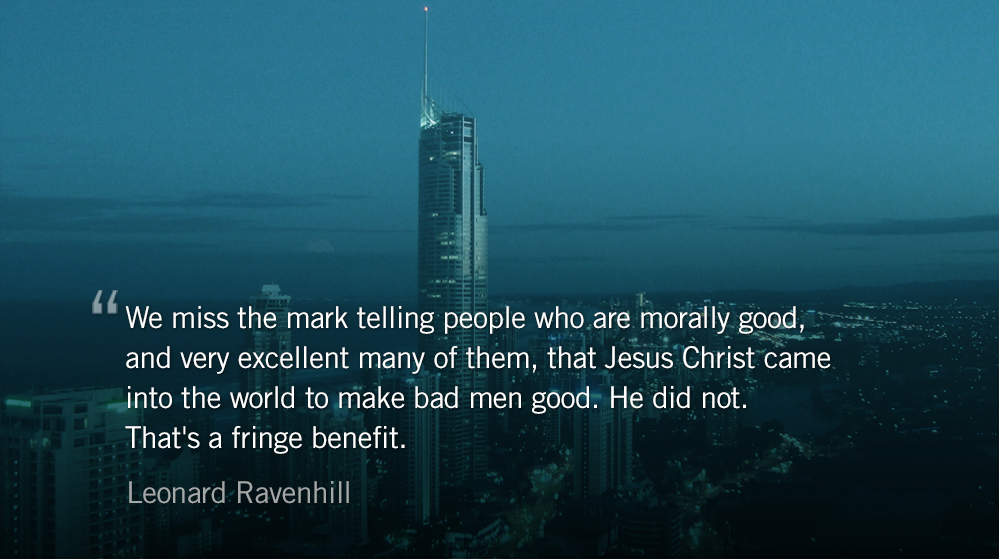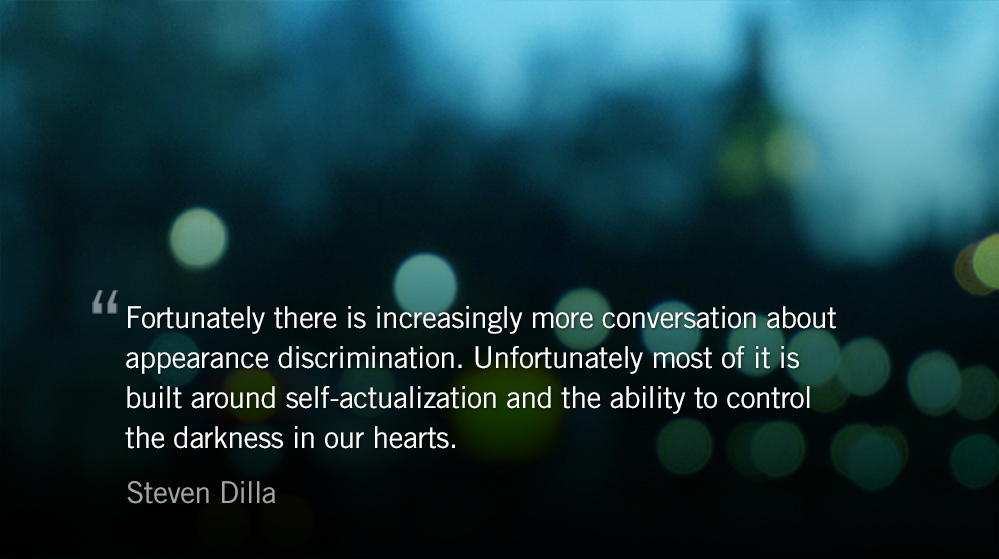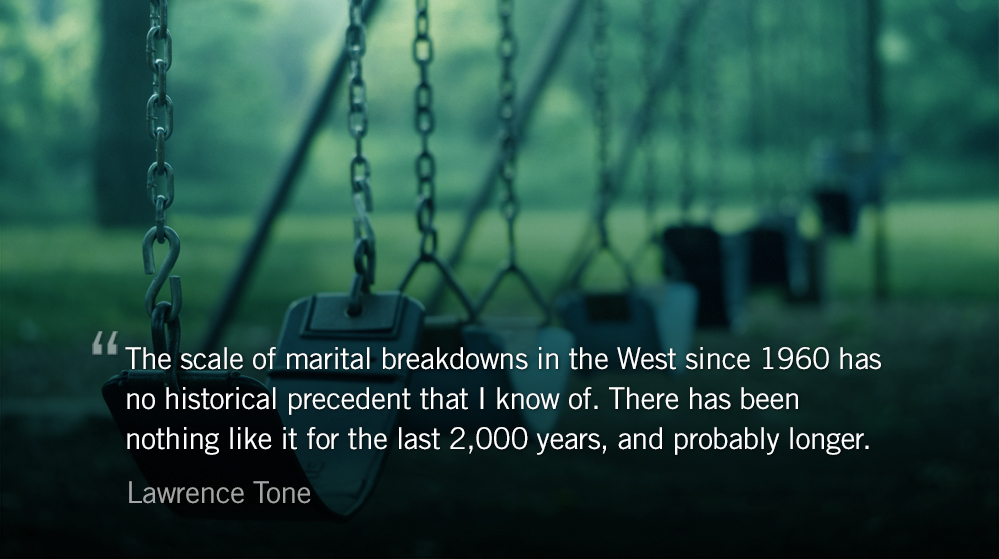- He didn’t talk about sin and redemption and wickedness.
- He talked about the adequacy of materialism.
- He talked about the inevitability of progress.
- He talked about the sufficiency of man.
- They were going to bring in a new millennium by their own genius.
- You can lash him, you can’t whip it out of him.
- He can float on a piece of wood in the Mediterranean a night and a day – thirty six hours, you can’t wash it out of him.
- They tried to starve him, you can’t starve it out of him.
Today’s Reading
2 Samuel 4-5 (Listen – 6:10)
1 Corinthians 15 (Listen – 8:06)









